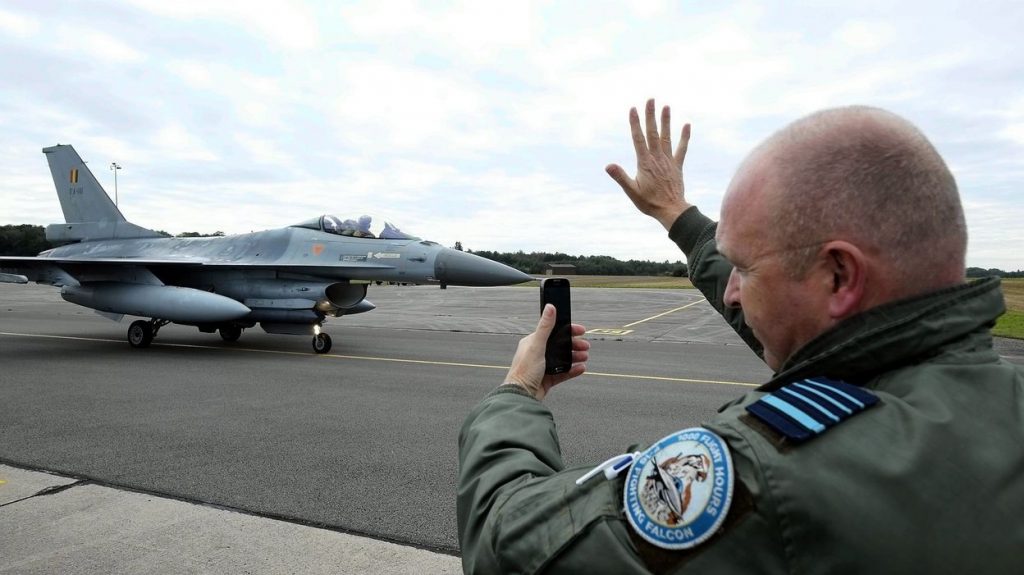NATO chief Jens Stoltenberg said foreign ministers took the "painful decision" to reject Ukraine's pleas for air support, even as Russia seized two nuclear plants, because it would virtually guarantee a "full-fledged war involving many more European countries."
The US-led Alliance will look again at the military picture when defence ministers from its 30 members gather on March 16, but Stoltenberg stressed that its "core task is to protect and defend 1 billion people" living in its territories from Canada to Turkey.
The sustainability of that stance is being openly questioned at a military level with former Supreme Allied Commander in Europe, retired 4-star general Wesley Clark, telling CNN on Friday that the endgame in Ukraine will surely echo that in Bosnia after the atrocities ordered by Slobodan Milosevic.
Related News
- EU approves automatic protection for Ukrainian war refugees
- Ukraine war, day 9: Russia seizes largest nuclear power plant in Europe
- WHO calls for safe corridors to deliver medical supplies to Ukraine
"We have made it clear we are not going to move into Ukraine, neither on the ground nor in airspace," Stoltenberg said after Kyiv begged for a no-fly zone like that imposed in the Balkans wars of the 1990s.
The Bosnian experience was proving something of a theme on Friday, with former British prime minister Gordon Brown also leading a call for a new tribunal to fill a gap in International Criminal Court competence.
While Stoltenberg welcomed The Hague-based tribunal's announcement it had opened an investigation into Russia's actions, the crime of "aggression" short of war crimes has become a new focal point.
Use of word 'war'
That further chimed with the Russian legislature's moves to criminalise reporting of the conflict and the closure of independent Echo of Moscow radio station, which ex-staff told TV news centred on the use of the word "war" to categorise what President Vladimir Putin maintains is a "special military operation" in Ukraine.
Stoltenberg's concerns echoed the position of EU Council President Charles Michel, who has warned of the risk of a "third international war". The former Norwegian premier insisted that NATO is "not part of this conflict and we have a responsibility to ensure it does not spread beyond Ukraine."
'Serious challenge' Bosnia
However, with Moscow targeting nuclear facilities, reports of the use of cluster bombs, and Ukraine’s Foreign Minister accusing Russian soldiers of raping pregnant Ukrainian women, it is clear that Western relations with Russia have “fundamentally changed for the long term”.
Russian forces have taken de facto control of parts of Georgia and Moldova for years, and Stoltenberg said “inflammatory rhetoric” in Bosnia again posed a “serious challenge to the integrity of that state.”
NATO is hoping for a “minimum” diplomatic agreement to enable humanitarian corridors to get aid in and refugees out as Russia’s slow grip, despite “courageous” Ukrainian resistance, takes root.

